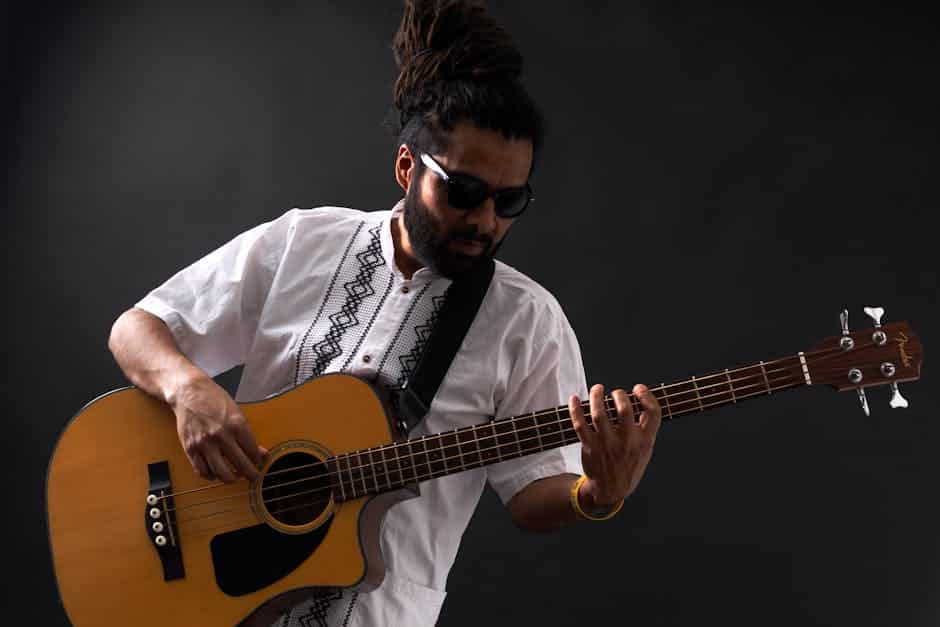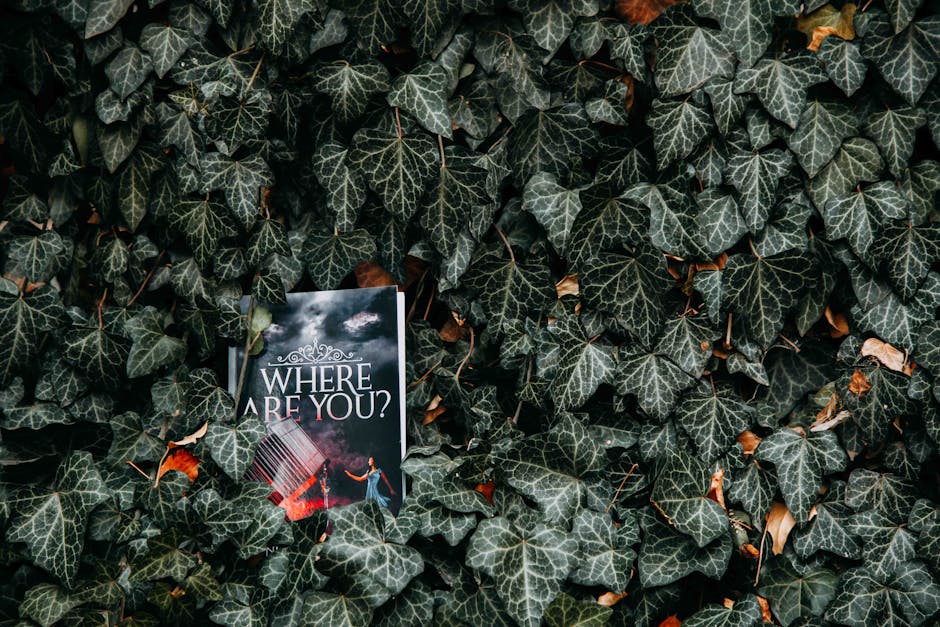Chicago’s Music Scene: From Blues to Hip Hop
Chicago, a city known for its towering skyscrapers and deep-dish pizza, also boasts a rich and diverse musical heritage. From the soulful strains of the blues to the pulsating beats of hip hop, Chicago’s music scene has played a pivotal role in shaping American music. Join us as we explore the evolution of Chicago’s vibrant musical landscape.
Table of Contents
1. The Birth of the Blues in Chicago 🎸
2. Jazz: The Next Wave 🎷
3. The Rise of Soul and R&B 🎤
4. House Music: Chicago’s Dance Revolution 🎶
5. Hip Hop and Rap: The Modern Era 🎧
6. Conclusion
7. FAQs
The Birth of the Blues in Chicago 🎸
The story of Chicago’s music scene begins with the blues. During the Great Migration in the early 20th century, African Americans moved from the rural South to Northern cities like Chicago, bringing with them the soulful sounds of the blues. The city’s South Side quickly became a hub for blues musicians, with legendary venues like the Checkerboard Lounge and the original Maxwell Street Market fostering the genre’s development.
Muddy Waters, Howlin’ Wolf, and Willie Dixon are just a few of the iconic blues artists who made Chicago their home. Their music, characterized by its raw emotion and powerful storytelling, laid the foundation for many other genres.
Jazz: The Next Wave 🎷
As the blues gained popularity, jazz emerged as a new musical force in Chicago. In the 1920s, the city became a hotbed for jazz innovation, thanks in large part to the arrival of artists like Louis Armstrong and King Oliver. The vibrant nightlife of the Roaring Twenties provided the perfect backdrop for jazz’s improvisational energy and rhythmic complexity.
The city’s jazz scene thrived in areas like the Bronzeville neighborhood, where clubs such as the Sunset Café and the Savoy Ballroom hosted legendary performances that drew audiences from all walks of life.
The Rise of Soul and R&B 🎤
In the 1950s and 60s, Chicago’s music scene evolved once again with the rise of soul and R&B. Artists like Curtis Mayfield and The Impressions, known for their socially conscious lyrics and smooth harmonies, dominated the airwaves. Chess Records, a Chicago-based label, played a crucial role in promoting these new sounds, fostering talent such as Etta James and Chuck Berry.
This era of music not only entertained but also inspired social change, reflecting the civil rights movement’s ideals and aspirations.
House Music: Chicago’s Dance Revolution 🎶
The 1980s saw Chicago at the forefront of yet another musical revolution: house music. Originating in the city’s underground club scene, house music combined elements of disco, electronic, and funk to create a new dance sound. DJs like Frankie Knuckles, known as the “Godfather of House,” helped popularize the genre with their innovative mixes and infectious beats.
House music quickly spread beyond Chicago, becoming a global phenomenon and laying the groundwork for modern electronic dance music (EDM).
Hip Hop and Rap: The Modern Era 🎧
Today, Chicago continues to influence the world of music, particularly through its contributions to hip hop and rap. Artists like Kanye West, Common, and Chance the Rapper have brought unique perspectives and diverse sounds to the genre, earning critical acclaim and commercial success.
The city’s hip hop scene is characterized by its lyrical depth and social consciousness, addressing issues such as poverty, violence, and systemic inequality. Chicago’s artists remain at the cutting edge of musical innovation, ensuring that the city’s influence will be felt for years to come.
Conclusion
From the blues to hip hop, Chicago’s music scene is a testament to the city’s cultural richness and artistic innovation. Each genre that has emerged from Chicago reflects the city’s dynamic spirit and its ability to adapt and evolve. Whether you’re a long-time music aficionado or new to the scene, exploring Chicago’s musical heritage is like taking a journey through the heart and soul of America.
FAQs
1. What is Chicago’s most famous music genre?
Chicago is perhaps most famous for its contribution to the blues, a genre deeply rooted in the city’s cultural history.
2. Which famous artists are associated with Chicago’s music scene?
Notable artists include Muddy Waters, Louis Armstrong, Curtis Mayfield, Frankie Knuckles, Kanye West, and Chance the Rapper, among others.
3. What is the significance of house music in Chicago?
House music originated in Chicago’s club scene in the 1980s and has since become a global phenomenon, influencing modern electronic dance music.
4. How has Chicago’s music scene influenced social change?
Genres like soul and hip hop have addressed social issues such as civil rights and inequality, using music as a platform for advocacy and change.
5. Where can I experience live music in Chicago today?
Chicago offers numerous venues to experience live music, including the Chicago Theatre, House of Blues, and the Green Mill Jazz Club.


